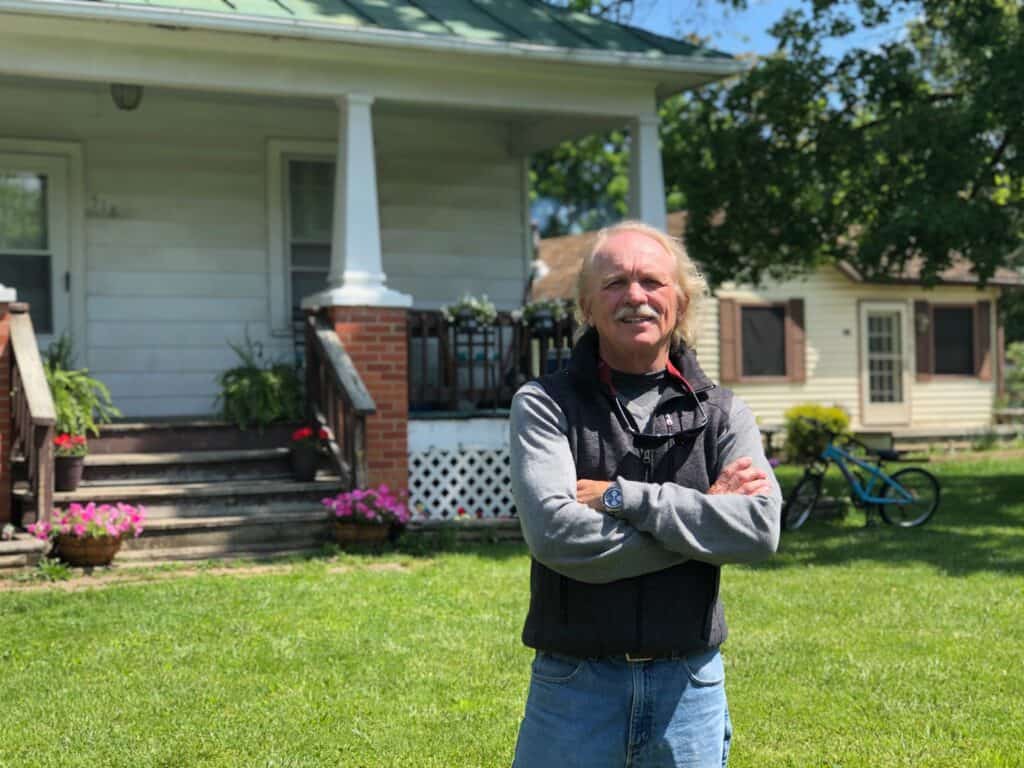Cases
Brown v. CDC
CASE: Brown, Rondeau, Krausz, Jones and the National Apartment Association v. CDC
STATUS: Closed
NCLA ROLE: Counsel
COURTS HEARD IN: 11th Cir., N.D. Ga.
ORIGINAL COURT: U.S. District Court for the Northern District of Georgia
DECIDING COURT: U.S. Court of Appeals for the Eleventh Circuit
OPENED: September 8, 2020
AGENCIES: Centers for Disease Control
FOCUS AREAS:
CASE SUMMARY
Did we achieve our litigation objective? Yes, NCLA’s clients got justice when the Supreme Court held, in a separate case, that the CDC’s nationwide eviction moratorium was unconstitutional for the same reasons NCLA first argued.
Court Outcome: Case was dismissed as moot once the Supreme Court held the eviction moratorium unconstitutional in Alabama Association of Realtors v. Department of Health and Human Services.
Larger Impact: NCLA was the first to sue the CDC over its unlawful eviction moratorium. The successful suit that eventually won at the Supreme Court used NCLA’s arguments and ended the eviction moratorium for all landlords. NCLA’s complaint asked the court to stop the agency from enforcing the unlawful order that—among other problems—violated the right to access the courts, exceeded limits on the Supremacy Clause, raised serious non-delegation doctrine concerns, and implicated anti-commandeering principles and precedents.
Summary: NCLA client, Rick Brown of Winchester, Virginia, was suffering significant economic damages, including $8,092 in unpaid rent, as well as monthly maintenance costs, damages to his property, and the lost opportunity to use the property or rent it to someone else who would be able to pay the fair market value of at least $925 per month. Incredibly, under the unlawful CDC order, Mr. Brown also faced up to $100,000 and a year in prison if he evicted the delinquent tenant using legal processes under Virginia state law.
The Supreme Court of Virginia did not extend its moratorium issued on August 7, 2020, suspending eviction proceedings across the Commonwealth in response to the COVID-19 emergency at the request of then-Virginia Governor Ralph Northam. But the CDC, a federal agency, issued a sweeping unilateral order purporting to suspend state law under the premise that it was “necessary” to control the pandemic. The order denied Mr. Brown his right to access the courts to obtain a writ of eviction to take possession of his own property by the only lawful means available to him to evict a delinquent tenant. Agencies have no inherent power to make law, and nothing in the relevant statutes or regulations gives CDC the power or authority to issue an eviction-moratorium order.
The complaint also argued that the order violated the U.S. Constitution because the CDC had not identified any act of Congress that confers upon it the power to halt evictions or preempt state landlord-tenant law. CDC’s order also impermissibly commandeered state courts and state officers to apply, enforce, and implement an unconstitutional federal law. Because CDC cannot lawfully waive the application of Virginia’s laws governing evictions, the order was void and its failure was necessary.
On October 29, 2020, the U.S. District Court for the Northern District of Georgia issued an erroneous decision denying property owners’ motion for preliminary injunction. It placed an impossible burden of proof on property owners in contradiction to other courts across the country, which have recognized that being deprived of your residential property is in fact an intrinsically irreparable injury.
NCLA appealed the decision to the U.S. Court of Appeals for the Eleventh Circuit arguing that CDC’s nationwide moratorium order had no statutory or regulatory basis. No provision of law grants the agency the broad, unilateral authority to void state landlord-tenant laws. If the district court’s reading of CDC’s authority were to stand, the agency could take virtually any action overturning state law as long as it asserted a public-health benefit.
On July 14, 2021, the U.S. Court of Appeals for the Eleventh Circuit rejected the request of Rick Brown of Virginia and other hard-hit housing providers across the country to put an end to the eviction moratorium. In a 2-1 decision, the panel affirmed the lower court’s refusal to enjoin CDC’s unlawful eviction moratorium. Judge Branch dissented from the panel’s decision, reasoning that the housing providers showed that CDC exceeded its statutory authority and that “money damages against their insolvent tenants would be an inadequate remedy for their financial harms.”
RELEVANT MATERIALS
NCLA FILINGS
Order of the U.S. District Court for the Northern District of Georgia
January 31, 2022 | Read More
Response to Defendants-Appellees’ Motion to Dismiss and Suggestion of Mootness
September 9, 2021 | Read More
Supplemental Authority Letter
August 27, 2021 | Read More
Petition for Rehearing En Banc in the U.S. Court of Appeals for the Eleventh Circuit
August 13, 2021 | Read More
Opinion of the U.S. Court of Appeals for the Eleventh Circuit
July 14, 2021 | Read More
PRESS RELEASES
US Supreme Ct Validates NCLA Argument that CDC’s Eviction Moratorium Lacks Statutory Authority
August 27, 2021 | Read More
NCLA Seeks En Banc Review in 11th Circuit as CDC Eviction Moratorium Extended to Early October
August 13, 2021 | Read More
Ruling by 11th Cir. Denies Mom-and-Pop Housing Providers Relief from CDC’s Unlawful Eviction Halt
July 14, 2021
Watch: NCLA Video Shows the Housing Providers Hurt by CDC’s Unlawful Eviction Moratorium
June 11, 2021
NCLA Presents Oral Argument Before 11th Cir. Court of Appeals in CDC Eviction Moratorium Lawsuit
May 14, 2021
IN THE MEDIA
Here’s what renters can expect after the end of the federal eviction ban
CNN
August 27, 2021
Looking Ahead: Housing
February 7, 2021
News
February 7, 2021
Supreme Court Ruling Allows Evictions to Resume
February 7, 2021
States, localities slow on distributing COVID-19 rental assistance
February 7, 2021
CASE HIGHLIGHTS
Media Mention
August 27, 2021
Here’s what renters can expect after the end of the federal eviction ban
Source: CNN
Filing
January 31, 2022
Order of the U.S. District Court for the Northern District of Georgia
Press Release
August 27, 2021
US Supreme Ct Validates NCLA Argument that CDC’s Eviction Moratorium Lacks Statutory Authority

